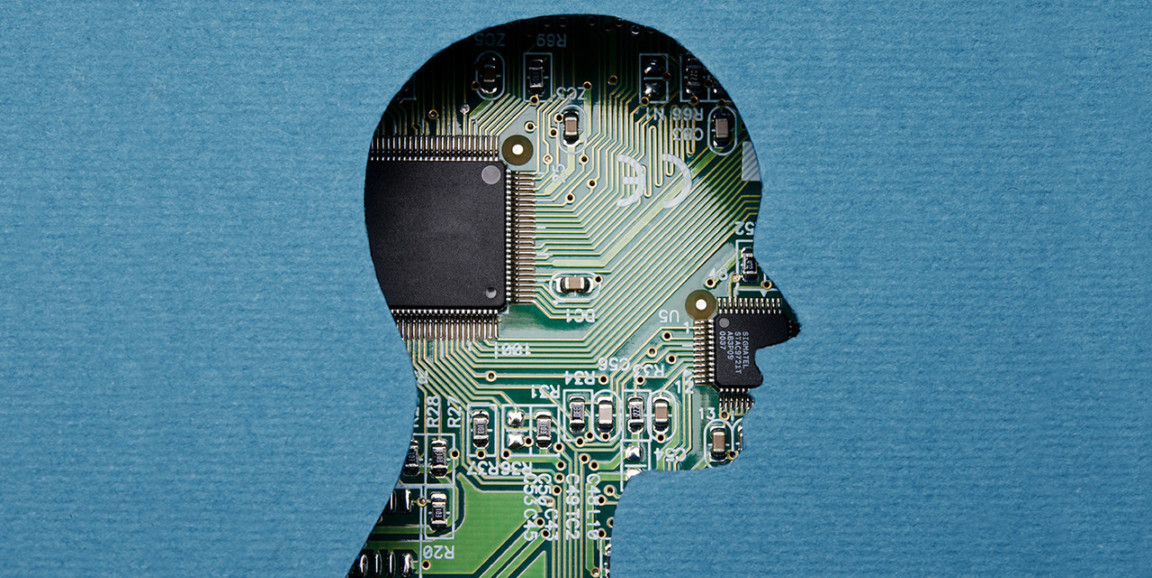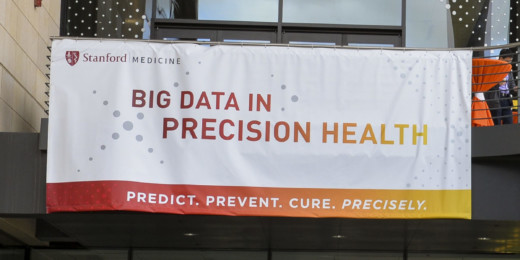As artificial intelligence continues to evolve, algorithms will be capable of performing clinical tasks — like diagnosing disease — much faster and with greater accuracy than any human physician. At that point, the argument goes, we physicians will be out of work. I’ve now encountered this opinion throughout Silicon Valley and have had a number of students approach me with concern. Is it warranted? Should medical professionals be worried?
I can trace some of the anxiety back to last year, when researchers at Stanford Medicine announced they had developed an algorithm that, in just a matter of weeks, was trained to interpret chest x-ray images to diagnose more than a dozen medical conditions. In a little over a month, the algorithm could diagnose pneumonia faster and with greater accuracy than radiologists working alone. It’s a remarkable accomplishment. And, for a deadly disease that hospitalizes 1 million Americans each year and is notoriously hard for radiologists to spot, it’s also a compelling example of how algorithms could save lives by catching what we humans may miss.
I spoke about this issue last spring at the Milken Institute’s Global Conference, where I assured my colleagues that we needn’t lose sleep over our job security any time soon.
Without a doubt, algorithms will play a vital and growing role in health care. However, while they may soon become superhuman at performing certain tasks, algorithms do not have the general intelligence that people do, nor the ability to empathize with patients. It’s this unique combination that enables us, as care professionals, to work together effectively and to draw from clinical and emotional experience to build genuine, healing relationships with our patients. When we’re at our best, this can be powerful medicine.
We know from research that a doctor's bedside manner can greatly influence a patient’s health. It can help patients with efforts to lose weight, lower blood pressure, and better manage pain. Moreover, physician training in “soft skills” has been shown to exceed the reported effects of low-dose aspirin or cholesterol-lowering statins — some of our most powerful preventive care measures — at lowering a patient’s heart attack risk. We are just beginning to understand the degree to which patient healing can be positively influenced by the patient-doctor bond. But a growing body of research suggests that the opportunity could be significant.
Yet, in the current AI debate, there is a tendency to underestimate the importance of relationships and to oversimplify the dynamics of good health care. A diagnosis, even if dispatched with breathtaking speed, isn’t enough. It is just one point in a constellation of relationships, conversations, decisions, and actions involving care teams and patients that, in sum, lead a patient to improved health. If we lose sight of this and — more importantly — if we diminish the value of human compassion in health care, then we’ve missed something important.
The vast majority of people today still place a high premium on receiving care from a doctor they know and with whom they have a relationship. And from our own experience launching a comprehensive virtual care service, we’ve found that a majority of patients still choose in-person care for their initial visit. Establishing a rapport with their care provider matters to patients.
This is why I believe, as others have argued, that care augmented by algorithms is the more likely future ahead. And herein lies an enormous opportunity. It’s what I envision as high-tech enabling high-touch — leveraging technology to remove distractions from patient care and bring focus back to the patient-doctor relationship.
One example of this is our pilot with Google Research, which aims to use AI-assisted voice recognition software to hopefully eliminate the time physicians spend manually entering data into their electronic health record (EHR) systems — especially while patients are in the room. The technology actively monitors patient-doctor conversations during care visits and then automatically transcribes clinically relevant points about these encounters into the EHR.
If successful, this could be a breakthrough for physicians, who now spend two hours on EHR data entry for every hour spent interacting with patients. These are the kinds of tasks that can and should be automated by algorithms to create more space for empathy and humanity in the health care that patients receive.
While some fear AI making inroads into health, I welcome it. If implemented thoughtfully and with the input of physicians, smarter technology could be the solution we need to make our time with patients far more meaningful and clinically effective than ever before.
The question in my mind is not whether we will be replaced by algorithms, but how we will take advantage of them to better support our patients.
Lloyd Minor, MD, is dean of the Stanford School of Medicine and a professor of otolaryngology–head and neck surgery. A longer version of this piece originally appeared on his LinkedIn page.
Image by Shutterstock






